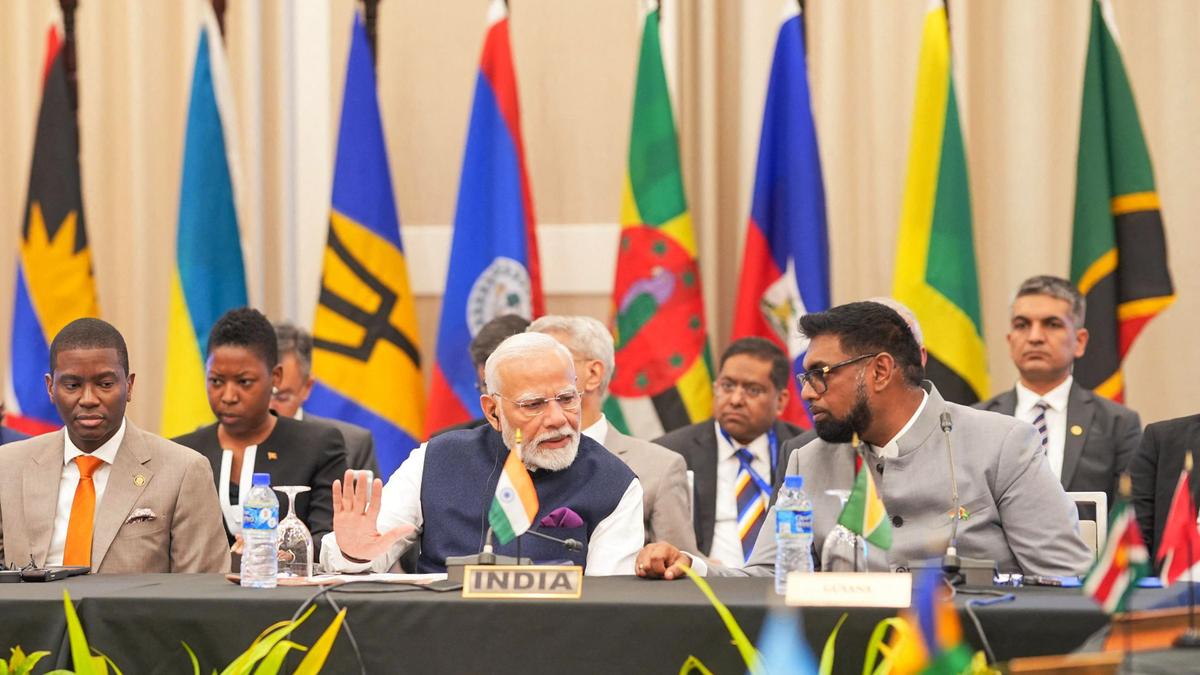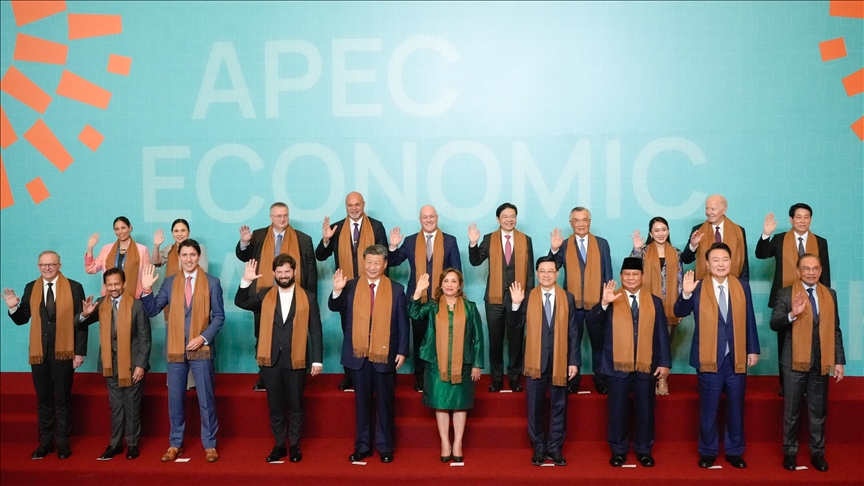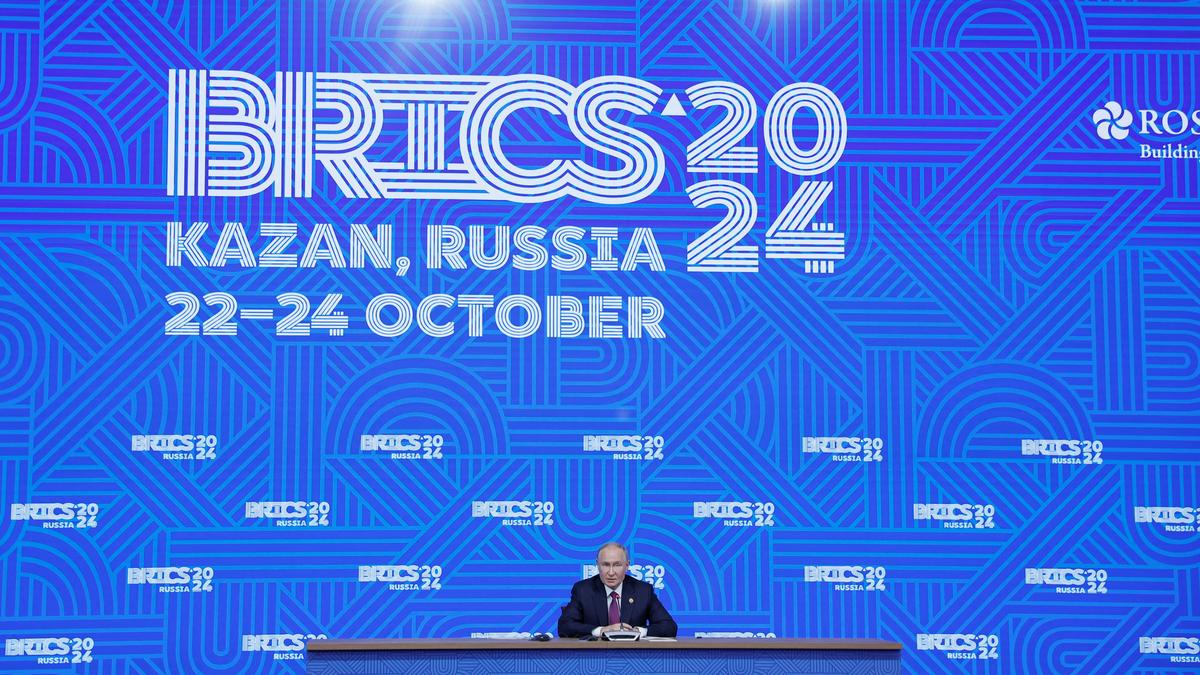Détente for hegemony
On January 20, when the U.S. gets a new president, he will face a world of changed alliances. China at the high table and newly aligned with Russia, which is separated from its European cousins, two wars and a G2-leaning global economy. Will Donald Trump revert to the days of ‘détente’ or continue the ‘neocon’ policies in vogue, to maintain U.S. hegemony?










